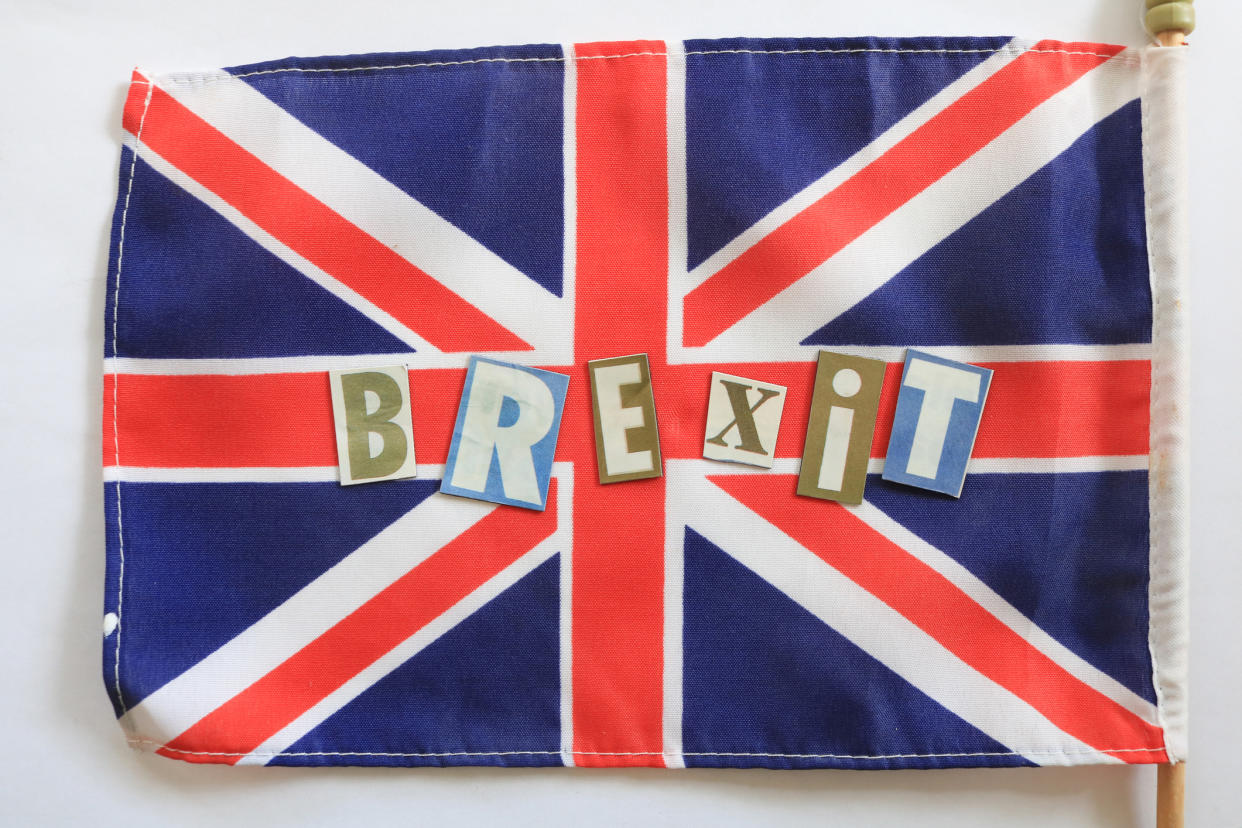Everything we still don't know about Brexit

The majority of the UK public voted to leave the EU on 23 June 2016, triggering the start of the Brexit process.
Almost a year later on 29 March 2017, Theresa May formally triggered Article 50, beginning the two-year countdown to the UK leaving the European Union on 29 March 2019.
The UK government and European Union need to have a withdrawal agreement in place before this date, or there will be a ‘no-deal Brexit’. Despite the rapidly dwindling timeframe, there are a number of unanswered questions concerning Brexit.
How long will Brexit take?
Article 50, the technical process by which an EU Member State can leave the EU, stipulates that EU treaties no longer apply to a member once it enters into a withdrawal agreement or after two years – whichever occurs first.
That means that the UK has to leave the EU by 11pm on March 29th, 2019 – two years after the Prime Minister delivered the notice of withdrawal. That date is included in the draft Withdrawal Agreement between Britain and the EU.
However, it’s not that simple.
Negotiations could be extended beyond March 29th 2019 if there is a unanimous decision by Britain and all the members of the EU27.
Negotiators could also agree to set a different start date for the Withdrawal Agreement, but it would have to be endorsed by the European Parliament (EP) and a qualified majority of the other 27 EU Member States (20 of the EU27).
However, that all depends on whether the UK asks for more time and whether the EU would grant an extension.
Regardless of the date, most commentators think that the entire Brexit and post-Brexit process could take years – even decades.

Can Article 50 be reversed?
Article 50 is the official five-point plan for when a country wants to leave the EU.
Triggering Article 50 meant the UK could no longer take part in the discussions of the European Council or in decisions concerning it, though it can carry on taking part in other EU business.
If the UK were to change its mind, Article 50 would somehow have to be revoked.
The Government has repeatedly said that it will not revoke Article 50, even if no withdrawal agreement is reached.
Ultimately, it would be for the Court of Justice of the EU to decide whether it could happen.
Article 68 of the 1969 Vienna Convention on the Law of Treaties (VCLT) provides for the overturning of a notice of withdrawal in certain circumstances.
However it is not clear whether if there is a basis for its application in the case of Brexit.
It is not known for sure whether the Government has taken legal advice on the question of revocability, but there have been reports that it did receive legal advice stating that Article 50 can be withdrawn.

Will there be another vote?
We do know that there will be a ‘Meaningful Vote’ in the House of Commons on Brexit.
That is a vote by MPs on the final Withdrawal Agreement – something David Davis promised would happen in a written statement while he was Brexit secretary.
If Theresa May secures a deal, a resolution will be put before Parliament outlining the terms, and MPs and Lords will both vote on it.
The resolution will outline the withdrawal agreement and and a declaration about with the UK’s future relationship with the EU will be.
The vote will be held ‘as soon as possible after negotiations are concluded’.
We do not yet know what the wording of the resolution will be, or whether MPs will be able to amend it before they vote.
It is also not clear what Parliament’s role would be if a deal is rejected.
Outside of the Houses of Parliament, increasingly vehement campaigns are calling for another referendum, often referred to as a ‘People’s Vote’.
It is not clear what the options on the ballot paper would be, but it has been suggested that the options could be Theresa May’s deal, no deal, and remaining in the EU.
The Conservatives have ruled out holding another Brexit vote, but Labour has officially said that they consider the option to still be on the table.
What will be the economic impact of Brexit?
Nobody really knows what the economic impact of Brexit will be, mainly because we still don’t know what the trade arrangements between the UK and the EU will be in the future.
If there’s a transition or implementation period, trade relationships will remain more or less the same during the time. The UK and the EU will keep access to one another’s markets in the same way they do now, with time to work out future trade deals during the temporary transition.
However, they still need to find a compromise on the basic principles, otherwise the UK could end up leaving in a ‘no-deal Brexit’.
The International Monetary Fund has warned that a “no-deal” Brexit on World Trade Organization terms would entail “substantial costs” for the UK economy, though it said it expected Britain’s economy to grow by 1.5% in both 2018 and 2019 if a broad Brexit agreement is struck.
Many Remainers argue leaving the EU would leave the UK economically worse off, while the Leave side insists leaving will reduce contributions to the EU and allow for more cash to be spent within the UK.
But despite the speculation, nobody really knows the economic effect that Brexit will have on the UK – especially without its final form agreed.

What about Northern Ireland?
Northern Ireland is one of the biggest Brexit unknowns.
Theresa May has committed to avoiding a hard border between Ireland and Northern Ireland, and has said that no new physical infrastructure must be added along the border.
However she has also committed to leaving the Customs Union, which allows goods to pass over the border without the need for checks.
The PM has also repeated that she will not tolerate a border between Northern Ireland and the rest of the UK.
Reconciling these elements is proving one of the most complex elements of the negotiations.
The UK Government says that its proposal a common rulebook for goods and Facilitated Customs Arrangement (FCA) removes the need for checks along the border, but the EU has rejected the idea outright, without suggesting an alternative.
Until an arrangement can be agreed with regard to trading goods, it is not clear what the Northern Irish border will look like.

 Yahoo News
Yahoo News 
